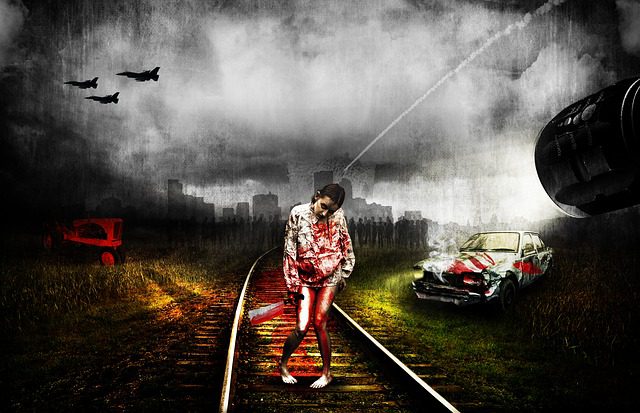The feeling seems to be getting worse. Many of the most passionate environmentalists have given up. It’s too late to stop global warming. The climate apocalypse will destroy us all. Fernandez quotes the young activist Greta Thurnberg: “You are not going to reach adulthood because of climate change,” she told her peers. And to adults, “You lied to us. You gave us false hope. You told us that the future was something to look forward to. And the saddest thing is that most children are not even aware of the fate that awaits us.”
This sense of doom is widespread, especially among young people. Fernandez writes,
In early 2022, Amanda Hess, writing in the New York Times, noted that people were already referring to themselves in the past tense. “A whole lexicon has arisen to attempt to describe its psychological impact: climate nihilism, climate grief, climate melancholia, eco-anxiety, pre-traumatic stress. A global survey of young people, released last year, found that more than half of respondents between the ages of 16 and 25 ‘felt sad, anxious, angry, powerless, helpless, and guilty’ about it, and believed ‘humanity is doomed.’”
Politically, people still claim to be “progressive.” And yet, belief in “progress” has faded.
A terrible “if” lurking in the heart of the future has replaced the old confident belief in progress. “Modern hope in the future and faith in progress come from nineteenth-century political theories that largely remain with us today. In particular, a school of political thought called progressivism (which gave rise to our modern sense of the term) influenced American educational institutions. Progressivism is steeped in the philosophies of Georg Hegel and Karl Marx, who theorized that history unfolds in certain (progressive) directions and a robust faith in science and technology will aid in that progress.”
Now we fear the opening of a door and breathe out in relief when the monster is not behind it. No longer are we so certain that the Arc of History goes to a good place. Today, experts at the Future of Humanity Institute at the University of Oxford and the Centre for the Study of Existential Risk at the University of Cambridge believe that the greatest threat to human existence is scientific man himself and cite the following as chief dangers:
-
- Artificial intelligence
- Biotechnology
- Nanotechnology
- Environmental disaster
- Nuclear war
What’s sad is that these despairing secularists have no hope. Christians can contemplate the end of the world with joy, anticipating the resurrection of the dead, the victory of righteousness, and “the new heaven and the new earth” that Christ will bring about. But secularists, assuming that the future depends on them and that they have failed, can only succumb to “pre-traumatic stress” syndrome!
But it’s a good thing, in my opinion, that belief in “progress” is going away. That might herald the possibility of healthy change. Indeed, facing up to the failure of human beings to attain the utopia promised by progress may be an experience of Law, a breaking down of complacency and self-righteousness than can be a prelude to faith in the Gospel, to trust in the One who will bring a better apocalypse.
Image by 0fjd125gk87 from Pixabay







